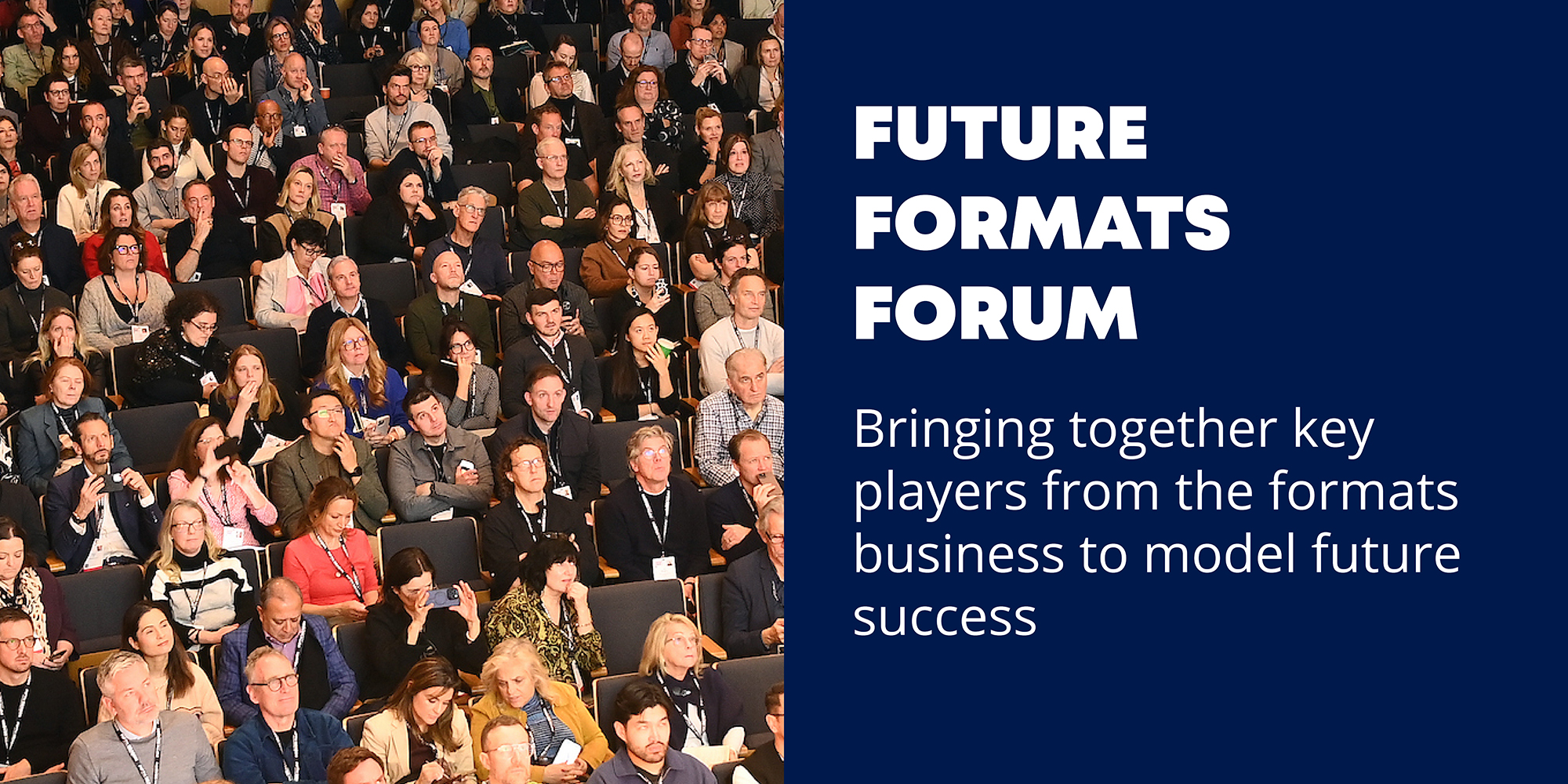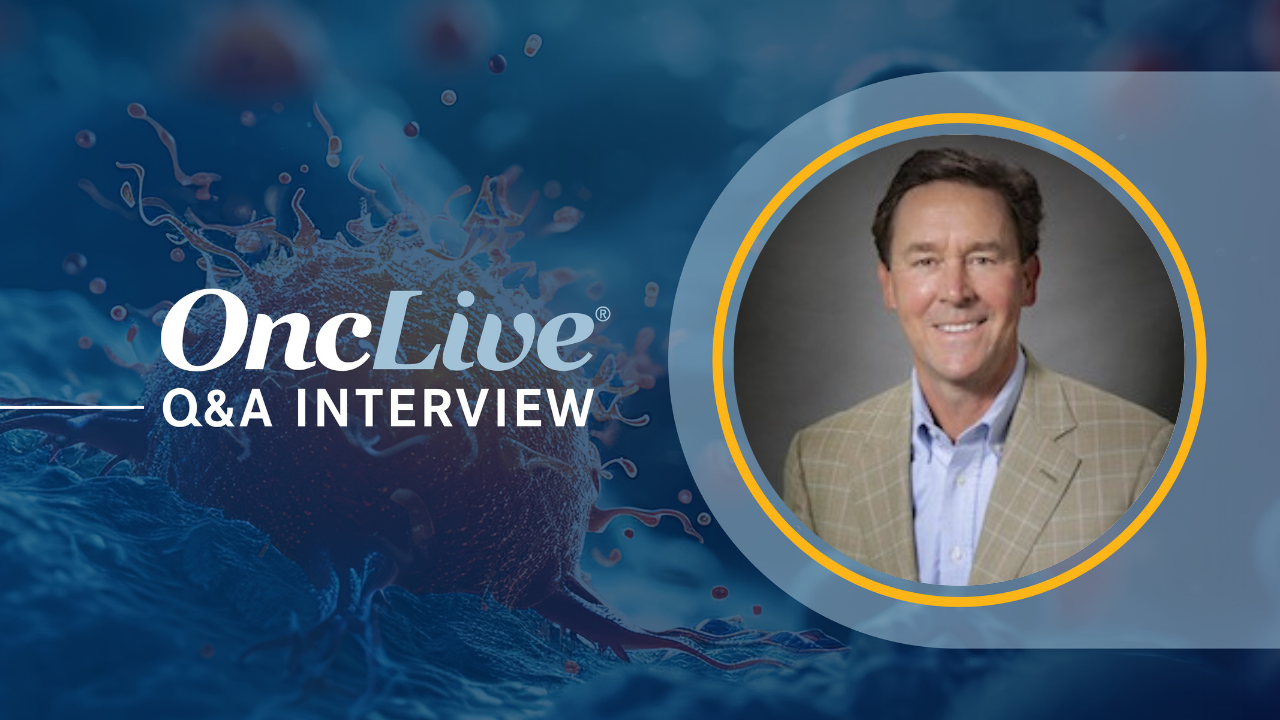Material success can be measured in a multitude of ways: cars, luxury items, and followers. But behavioral finance expert Morgan Housel has an unusual exercise to do so: a reverse obituary.
“It’s a little bit morbid, but it’s to write what you want your obituary to say, and then try to live your life up to that,” Housel tells Fortune in discussing his latest book “The Art of Spending Money.”
He isn’t the first to adopt the approach for living a fulfilled life. The sentiment echoes that of Berkshire Hathaway’s legendary investor, Warren Buffett, who says many of his life philosophies were gleaned from his right-hand man, Charlie Munger, who passed away in 2023.
“Early on, write your desired obituary, and then behave accordingly,” Buffett wrote in a previous shareholder letter in 2022.
Now it’s one of Housel’s ways to measure legacy too: if it’s not important enough to take to the grave, it doesn’t matter at all.
“If I were to write what I want my obituary to say, I would want it to hopefully say: ‘Morgan was a good husband, a good dad, a loving friend, helped his community, helped people in need’” he said.
Housel’s new book breaks down spending as an art rather than a science
Housel is known for his bestseller The Psychology of Money, which dissects how people’s previous beliefs, behaviors, and emotions impact finances. Now, he’s unveiling the psychology behind spending.
Housel emphasizes that spending is not about getting things down to a science, it’s an art that shouldn’t have a “one size fits all” approach. How you’re spending it also makes all the difference: Housel says if a majority of your expenditures are material items, you haven’t yet learned the most important life lessons.
Housel says that when he was in his 20s, his aspiration for the material world was at its highest– yearning for things like a new Ferrari or a mansion. Later in life, he realized that family and community took precedence over anything he had wanted to splurge on in his past.
“When you do that exercise [writing your obituary], you immediately realize what you would not care about: your salary, the size of your house, how often you bought a new car, where you went on vacation. That does not matter at all,” Housel added.
Other successful founders have emphasized long-term legacy over short-term spending.
Jeff Bezos famously used a similar approach to decide to leave his cushy financial job and start Amazon, for instance.
“I wanted to project myself forward to age 80 and say, ‘OK, now I’m looking back on my life. I want to have minimized the number of regrets I have,’” Bezos has previously explained.
“50 or 60 years from now, I am not going to say, I wish I earned more and spent more. There’s a very good chance we’re going to look back and say, ‘I wish I was more helpful and more loving to the people who I really cared about in my life’,” Housel said.
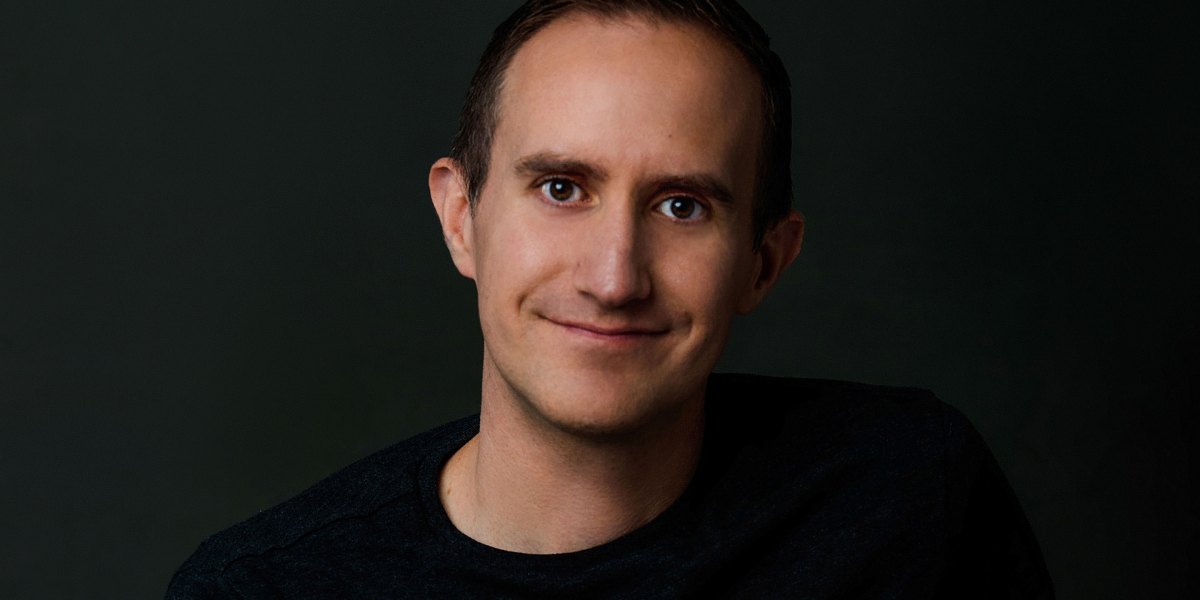







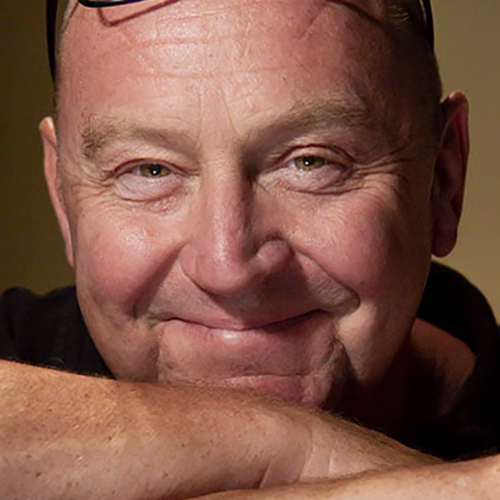 C21’s editor-in-chief & managing director David Jenkinson said: “The focus on formats and factual at Content Europe has been welcomed by the business and we are set to announce some significant speakers and initiatives around the event in the coming weeks. It’s clear the demand for a sales and acquisitions market in the spring is strong following the closure of MipTV, but what is also clear is that these genres are the ones currently defining global business.
C21’s editor-in-chief & managing director David Jenkinson said: “The focus on formats and factual at Content Europe has been welcomed by the business and we are set to announce some significant speakers and initiatives around the event in the coming weeks. It’s clear the demand for a sales and acquisitions market in the spring is strong following the closure of MipTV, but what is also clear is that these genres are the ones currently defining global business.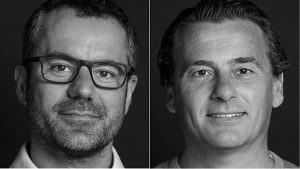 Curtis (left) said: “The demise of MipTV left a big gap in the formats calendar. Our sector will benefit hugely from a dedicated industry gathering and we’re looking forward to working with C21 in delivering an event that gives a voice to all parts of the business – indies to studios, big or small. We aim to make this not just a market but a fun celebration of what we do and the value we deliver.”
Curtis (left) said: “The demise of MipTV left a big gap in the formats calendar. Our sector will benefit hugely from a dedicated industry gathering and we’re looking forward to working with C21 in delivering an event that gives a voice to all parts of the business – indies to studios, big or small. We aim to make this not just a market but a fun celebration of what we do and the value we deliver.” Duranti said: “I’m truly honoured to join the advisory board of Content Europe. As founder of FormatBiz, I believe it’s crucial to have a space that both tracks global trends in scripted and unscripted formats and supports real exchange between buyers and distributors. This new spring market is a timely and strategic response to the industry’s evolving needs.”
Duranti said: “I’m truly honoured to join the advisory board of Content Europe. As founder of FormatBiz, I believe it’s crucial to have a space that both tracks global trends in scripted and unscripted formats and supports real exchange between buyers and distributors. This new spring market is a timely and strategic response to the industry’s evolving needs.”
